Producer’s Pride 16% Layer Poultry Feed Mini-Pellets, 40 lb.
Finding the right feed can be both costly and confusing. But with this Producer’s Pride 16% Mini-Pellet Layer Chicken Feed, it doesn’t have to be! By offering delicious and quality nutrition at a great price, Producer’s Pride makes it easy to give your animals everything they need to stay happy and healthy without breaking the bank.
Finding the right feed can be both costly and confusing. But with this Producer’s Pride 16% Mini-Pellet Layer Chicken Feed, it doesn’t have to be! By offering delicious and quality nutrition at a great price, Producer’s Pride makes it easy to give your animals everything they need to stay happy and healthy without breaking the bank. This chicken feed comes in a 40 lb. bag of 16% mini pellet layered feed and provides all of the necessary vitamins and minerals needed to support productive hens. Keep your hens happy with this chicken feed! By sourcing the best produce, utilizing water purification processes, and thoroughly testing our formulas, we guarantee excellent quality food for your animals with this mini-pellet chicken food.
- Keep your animals healthy with a proper diet that supports egg production and hens
- By sourcing the best produce, utilizing water purification processes and thoroughly testing our formulas, we guarantee excellent quality food for your animals
- Designed for laying hens from 18 weeks of age and egg-laying game birds at onset of egg production
- Mini-pellet chicken food is a complete formula for egg-producing poultry, with the necessary vitamins and minerals needed to support productive hens
- 40 lb. bag of high-quality chicken feed
*Labeling requirements vary from state to state. For an accurate list of ingredients and guaranteed analysis in your region, please refer to the label affixed to the feed product.
Additional information
| Animal Type | Chickens |
|---|---|
| Food Form | Pellet |
| Poultry Life Stage | Adult |
| Product Weight | 40 lb. |

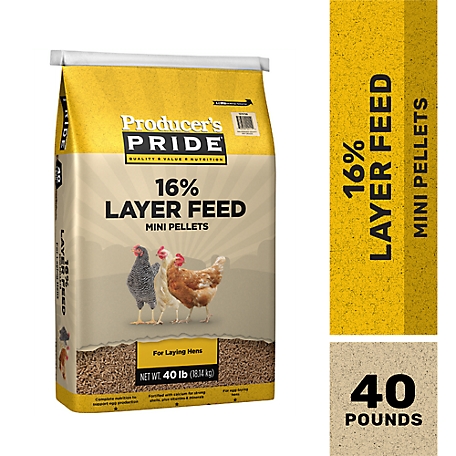
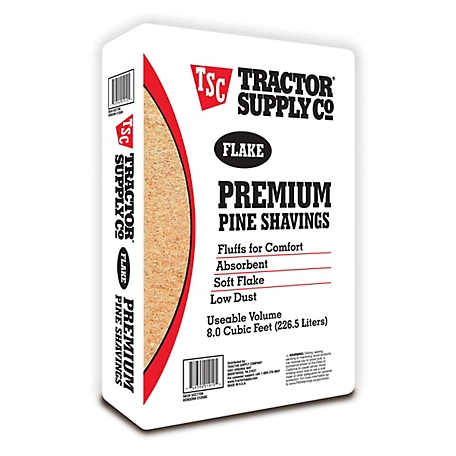

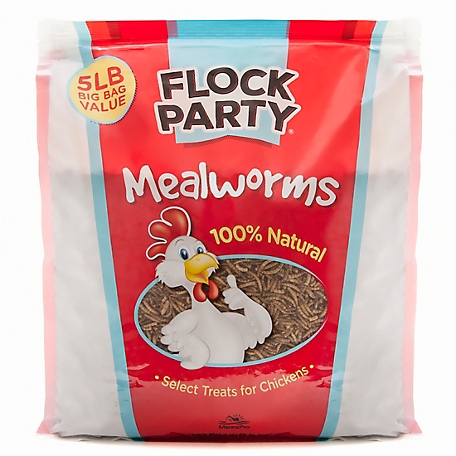

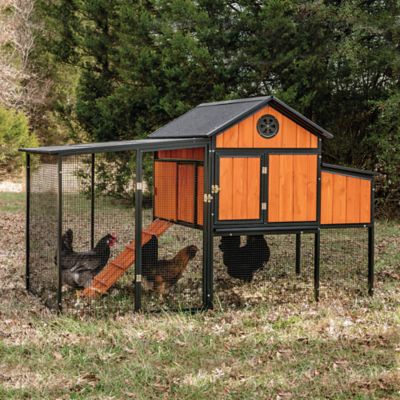

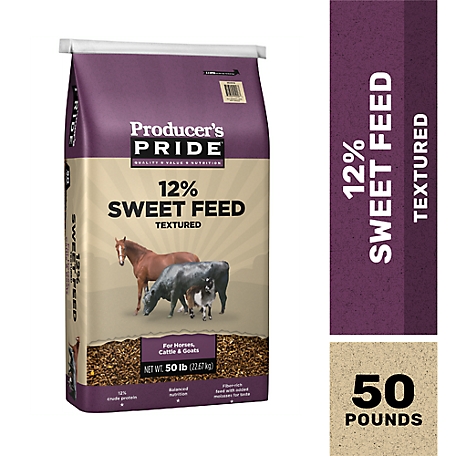
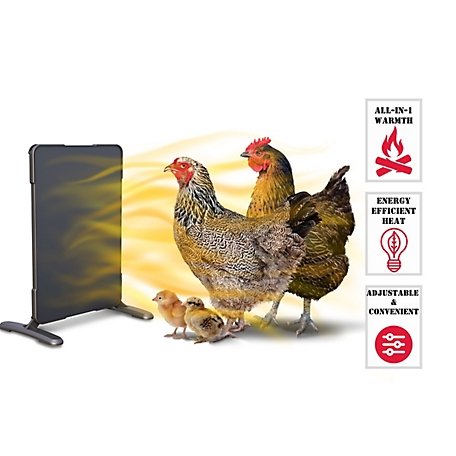
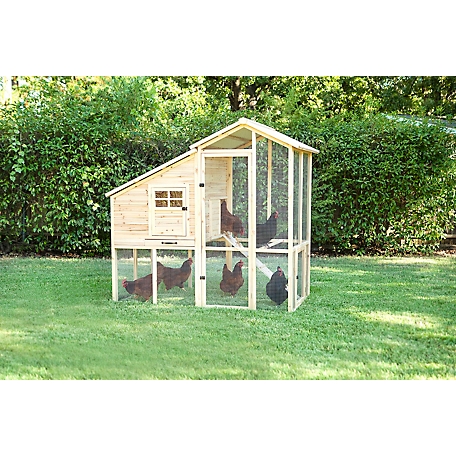

by Rea
The chickens love the pellets and are producing lots of eggs. I saved a bundle by switching to this brand and I don’t see a difference in quality.
by Andrew
Definitely the favorite of my brood. Helps to ferment with water to help extend the life of the product and keep the brood feed (and hydrated) longer with each bag.
by Perry
Went for the product, which I use consistently. Ordering online means knowing it’ll be there when I go. Big plus. But the surprise was the people in this store. Friendliest and most helpful staff ever.
by Tyak
Not bad, the chicks seem to like it! There is a good amount of pellet compared to the dust. I bought this to try because the feed I usually get has been very dusty. I will continue to buy Producer’s Pride rather than Dumor.
by Taylor
There are many layer mix products out there. Many of which my hens don’t seem to like. The “mini” pellets are readily consumed. Seemingly, my hens are healthy and excellent layers. And, this feed has not altered that
by Jon
My chickens love this feed. Used for the past year and they produce the most delicious eggs and they’re healthy and happy
by Jennie
I’ve been using Producers Pride 16% layer pellets for about a year now and it has held its own against the bigger brand names that we used previously for years. No change in laying, shell quality or hen consumption. I did have a conversation with an older lady and she had commented that she appreciated the smaller bag size (40lbs vs 50lbs) because it was easier for her to manage. So there’s that too. Highly recommend!